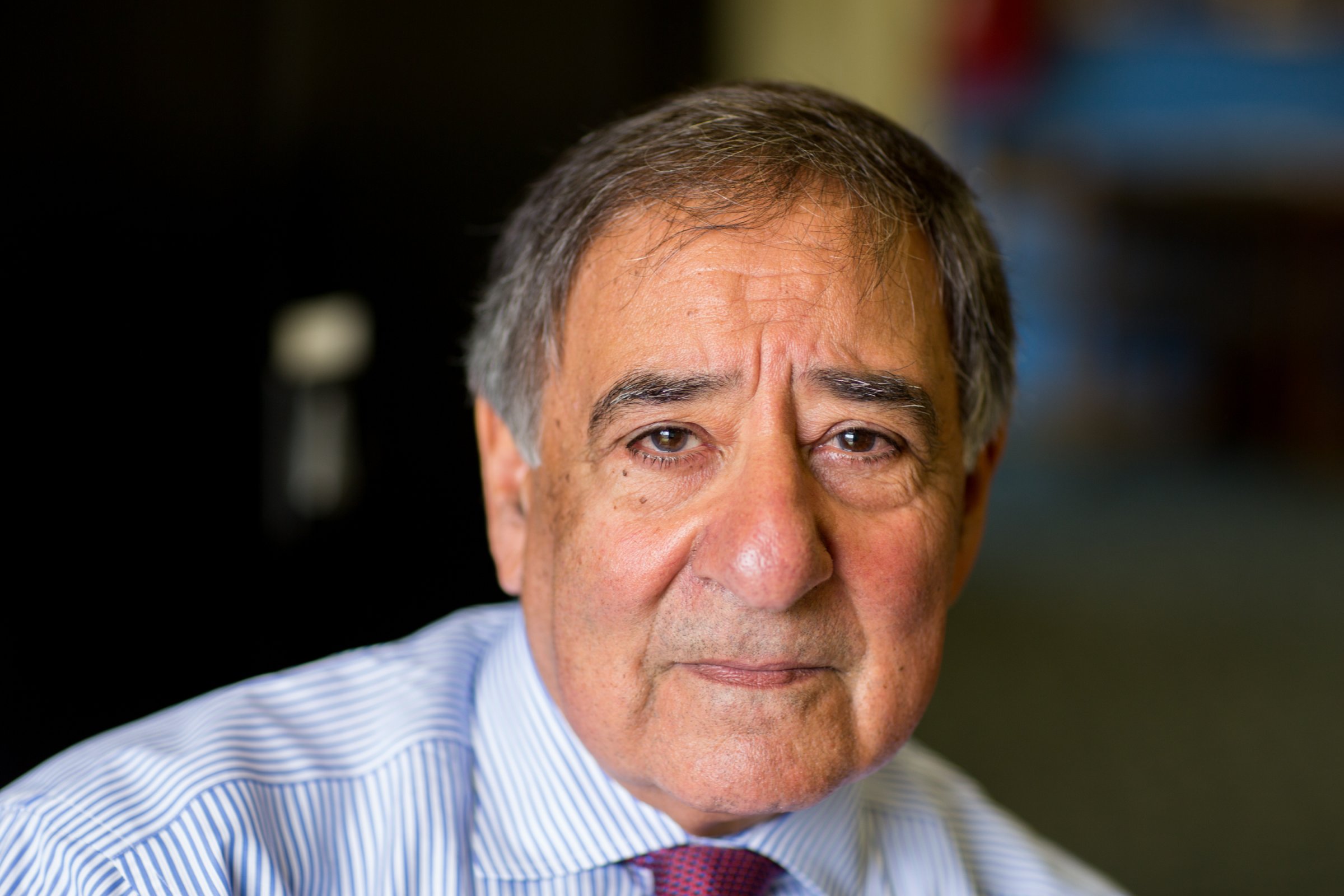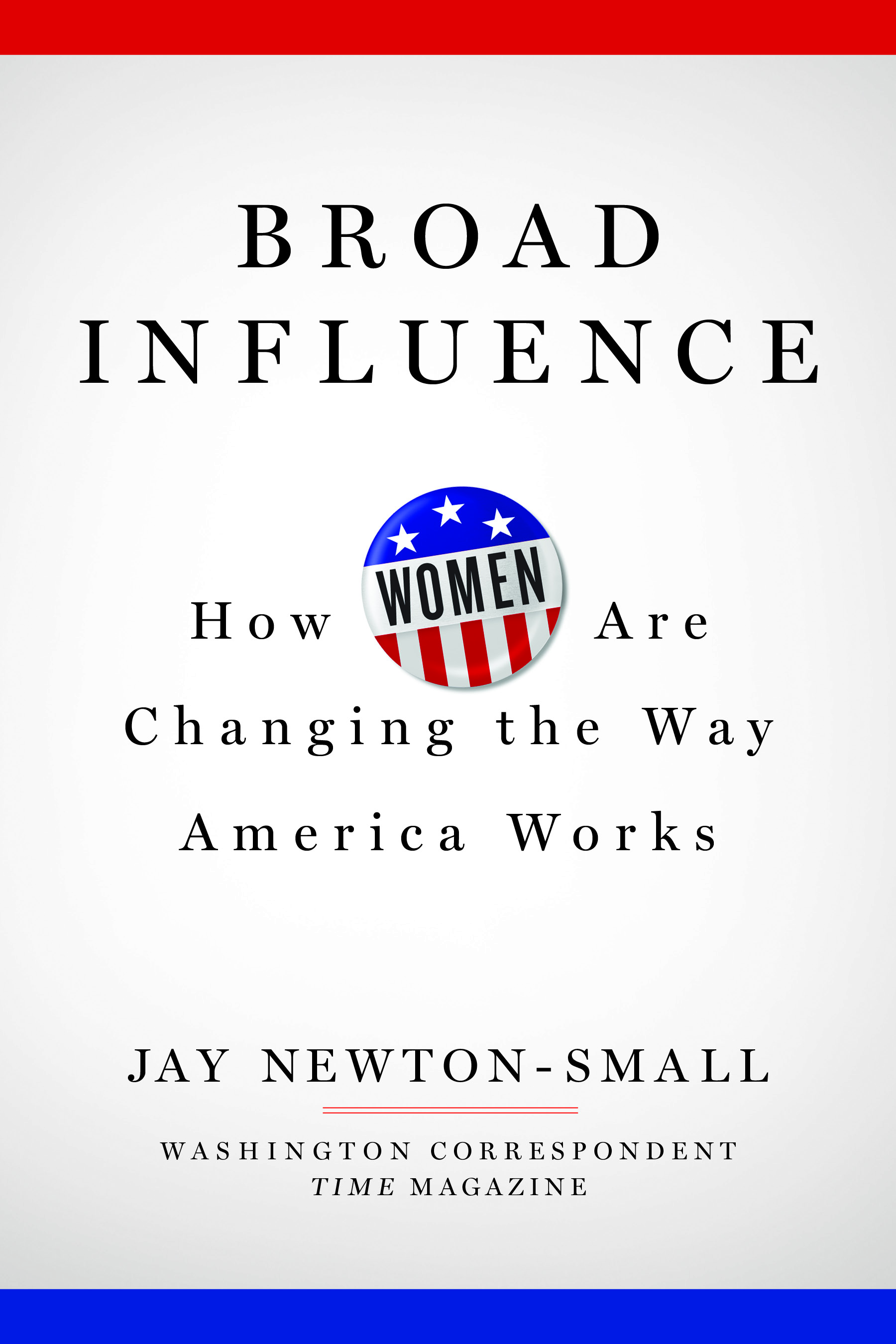
Leon Panetta didn’t enter the Pentagon thinking he’d become a champion for women’s rights.
Indeed, when the former California congressman and Clinton White House chief-of-staff first became director of the Central Intelligence Agency in February 2009, he was surprised at the number of women serving there and he was impressed by the willingness of female CIA officers to go out to the frontlines. Many of the CIA’s most senior counterterrorism officials were women: 47 percent of the Agency’s workforce is female, as well as more than 33 percent of upper management.
Ten months after Panetta’s appointment, two of those women, Jennifer Matthews and Liz Hansen, died in an al Qaeda bombing in the Khost province in Afghanistan. The attack, one of the deadliest in CIA history, killed seven officers. Panetta attended all the funerals, standing graveside at Arlington National Cemetery comforting Matthew’s three young children.
In July 2011, Panetta was confirmed as Defense Secretary and again, saw women as military police guarding convoys and engaging with the enemy, as helicopter pilots flying him across war zones. He visited a young woman at a military hospital in San Antonio, Texas, to award her the Purple Heart for her actions in Afghanistan. Flying back from the U.S.S. Peleliu to Camp Pendleton in California, he chatted the whole way with a female Osprey pilot.

Upon his return to the Pentagon, Panetta started asking his generals why women were barred from forward deployments and combat missions. At first the answer seemed that it was because they couldn’t meet the physical standards: for example, the number of pull-ups required.
But when he asked about the women who could meet those standards, the generals ran out of answers. “He found it was a gender-based prohibition, not merit- or physical-based prohibition,” said Jeremy Bash, who served as Panetta’s chief of staff at both the CIA and the Pentagon. “Just: men can and women can’t. He thought that was wrong and worked very closely with [Chairman of the Joint Chiefs of Staff] General [Martin] Dempsey to make a change.”
A month before Panetta left office in 2013, he and Dempsey went to the press briefing room to announce a list of combat positions for which women could begin to compete and serve. After the briefing, Bash joined Panetta and Dempsey to reflect on the moment. “That worked out very well. It was a very powerful message. One day, sir, there’s going to be a female Secretary of Defense, and one day there’ll be a female chair of the joint chiefs. And then,” Bash deadpanned, “We’ll have the first unmanned press conference in the briefing room.”
This is an excerpt from TIME Magazine correspondent Jay Newton-Small’s new book “Broad Influence: How Women Are Changing the Way America Works,” out January 5 and available here on Amazon. The book looks at the areas in the workforce where women are reaching critical mass—typically between 20-30 percent—and how they’re changing the way we govern, manage, adjudicate and command.
Read Next: Meet the Obama White House’s ‘Smurfettes’
More Must-Reads from TIME
- Donald Trump Is TIME's 2024 Person of the Year
- Why We Chose Trump as Person of the Year
- Is Intermittent Fasting Good or Bad for You?
- The 100 Must-Read Books of 2024
- The 20 Best Christmas TV Episodes
- Column: If Optimism Feels Ridiculous Now, Try Hope
- The Future of Climate Action Is Trade Policy
- Merle Bombardieri Is Helping People Make the Baby Decision
Contact us at letters@time.com